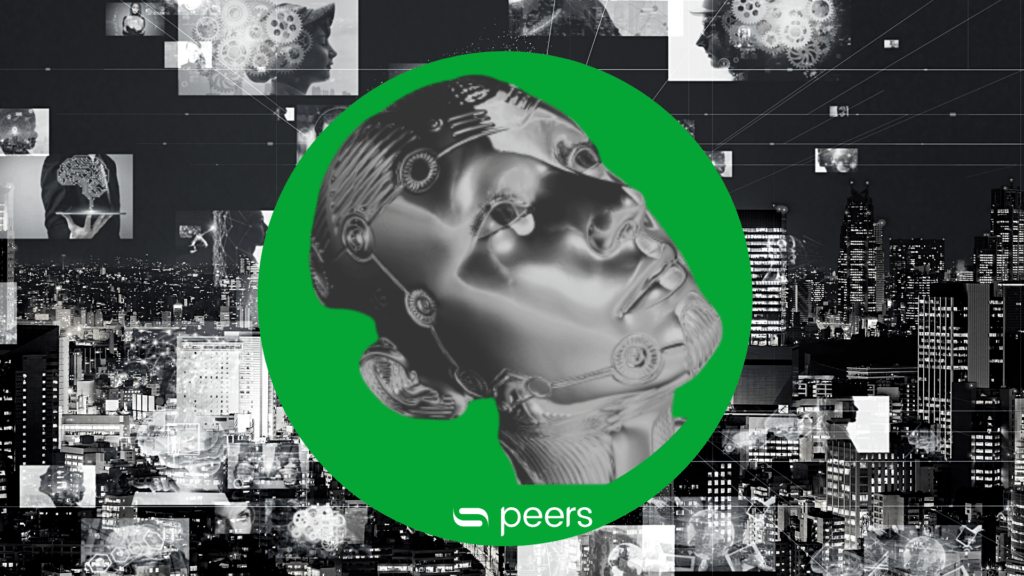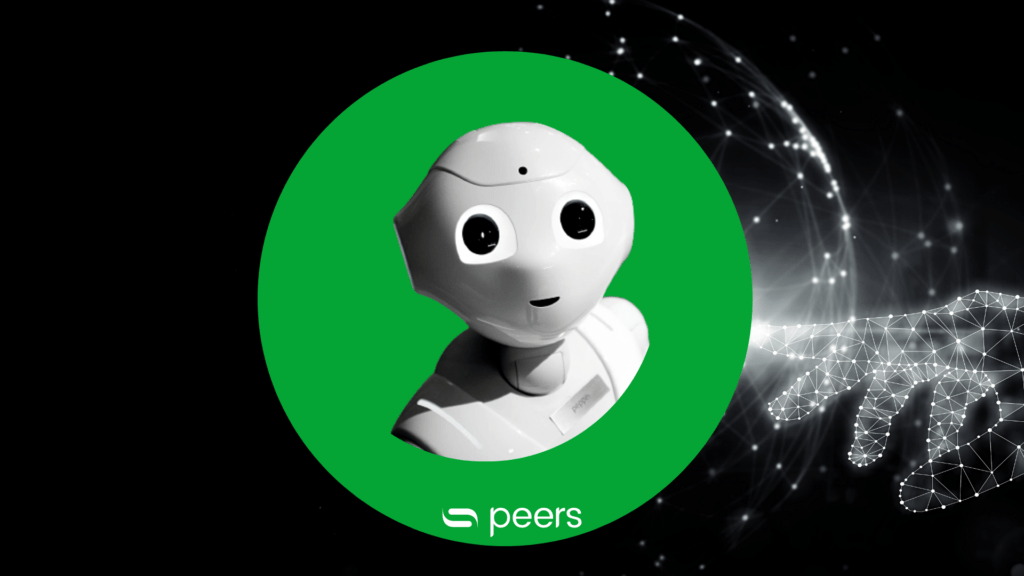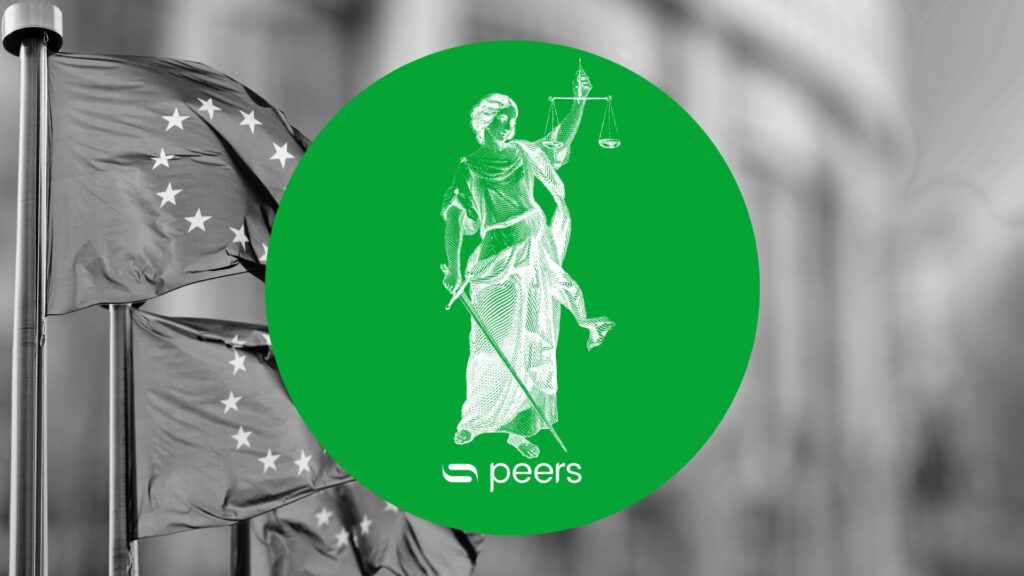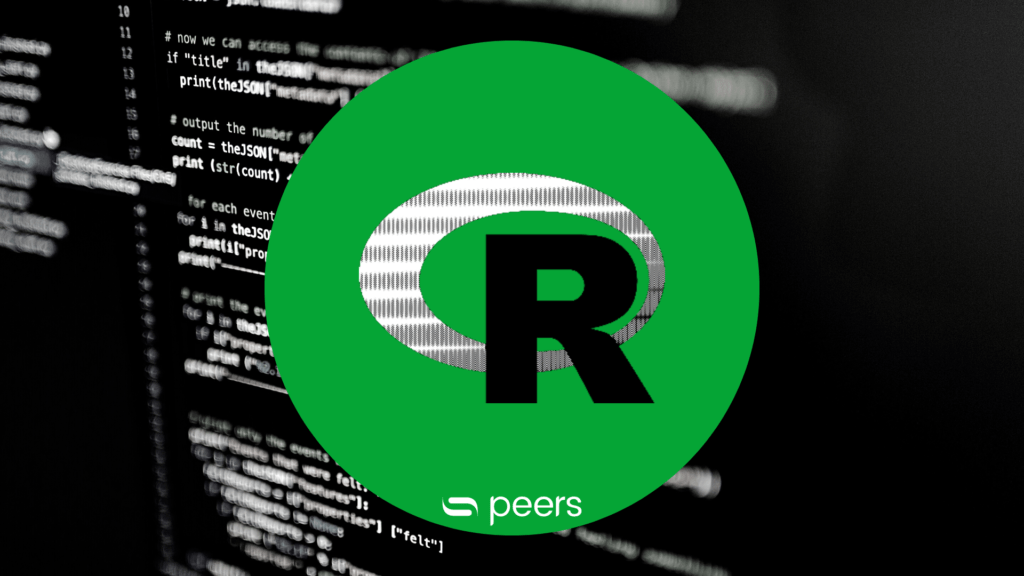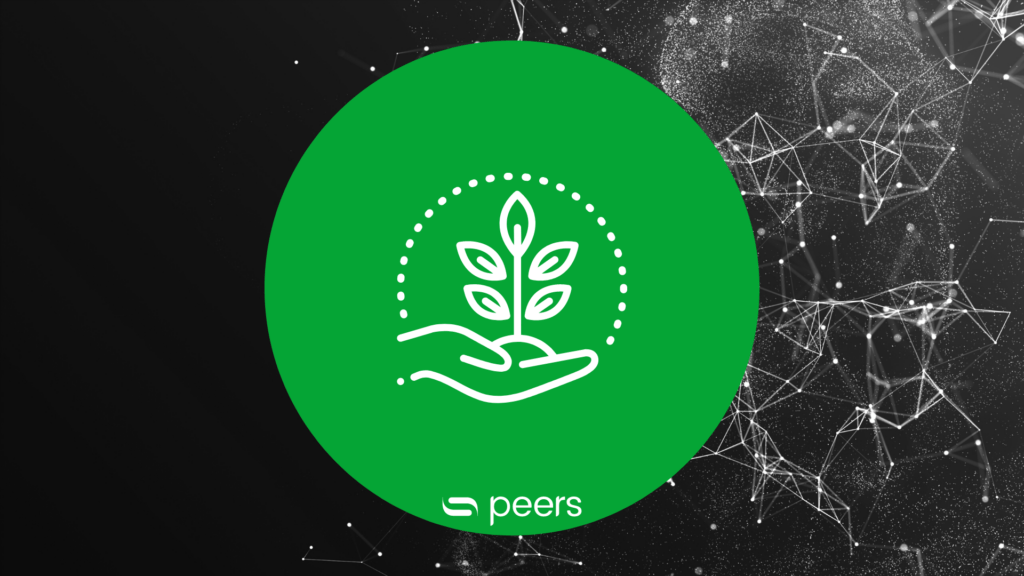Maximizing business potential with BigQuery ML
- Analysis for Office, BigQuery, Google Analytics
- analytics, Google Analytics, Google BigQuery, Google Cloud
- 4 min reading time

Christopher Maier
A significant proportion of up to 80 % of all data often consists of of unstructuredn data, such as images, videos and text documents. This extensive amount of information is often often not used optimally. Interestingly, this unstructured variety offers significant business potential. Big Query can help transform unstructured business data into meaningful information.
Table of contents
- 1 How does BigQuery ML open up an expanded dimension in data exploration?
- 2 What is BigQuery ML?
- 3 New opportunities for the use of BigQuery ML in the company
- 4 Challenges in data processing
- 5 BigQuery ML: Solutions for data processing challenges
- 6 Efficient data analysis, for example in the construction industry: BigQuery ML as the key to transparent collaboration and proactive construction project management
- 7 Tailor-made BigQuery ML solutions for digital transformation
- 8 Conclusion
How does BigQuery ML open up an expanded dimension in data exploration?
With BigQuery ML makes the handling of unstructured data flexible and dynamic. From structuring and intelligent analysis to increasing efficiency, they help to identify and exploit hidden patterns and trends. The new opportunities for business success, the challenges of data processing and how to overcome them are presented below.
What is BigQuery ML?
BigQuery ML enables the easy creation and execution of machine learning models using Google SQL queries. This democratized access increases development speed by allowing SQL users to leverage existing tools. BigQuery ML is available via various platforms such as the Google Cloud Console and external tools and simplifies the use of machine learning, especially for data analysts, without in-depth programming knowledge.
New possibilities for dthe use of BigQuery ML in the company
BigQuery ML opens up a wide range of possible applications for handling unstructured data in companies. From structuring to efficient analysis, this technology offers flexible solutions.
Development of prediction models for future trends or customer behavior.
Creation of customized user content in various applications.
Integration of advanced technologies for analyzing images or transcribing audio content.
Identification and optimization of areas to increase efficiency and save costs.
Evaluation of customer reviews and support tickets to improve the customer experience.
Identification of risk patterns, especially in the financial industry or in project risk assessments.
Challenges in data processing
Data processing with BigQuery ML brings many advantages, but also some challenges. Here are some of the main challenges:
The quality and relevance of the data are crucial for successful ML models. If data is unrepresentative or incorrect, this can lead to distorted results.
The speed and resource requirements for processing can be a challenge, especially with large volumes of data.
Selecting the right ML model and fine-tuning the model parameters are complex tasks. They require a deep understanding of the data and the ML model as well as experimental tests to achieve the best results.
The integration of BigQuery ML into existing data infrastructures and business systems can be a challenge. Seamless integration often requires customization and careful coordination with existing IT systems.
The protection of sensitive data and compliance with data protection regulations are critical aspects. Implementing security measures and ensuring data protection compliance are key aspects when using BigQuery ML.
The development and implementation of complex ML models requires advanced knowledge in the areas of Machine learning and data science. The availability of qualified personnel can therefore be a challenge.
BigQuery ML: Solutions for data processing challenges
The challenges in data processingprocessing are characterized by the followingssmeasures mastered:
Use of BigQuery ML to directly integrate unstructured data into BigQuery without having to fit into a predefined schema. This enables flexible and dynamic data analysis.
Utilizing the latest ML innovations in BigQueryto gain deeper insights from your data. From predictive analytics to pattern recognition, our solutions make your data talk.
Maximizing efficiency through the use of BigQuery's familiar and powerful SQL functions. This enables cost-effective and scalable analysis of unstructured data.
Efficient data analysis for example in the construction industry: BigQuery ML as the key to transparent collaboration and proactive construction project management
The construction industry generates large amounts of unstructured data, from construction plans and technical drawings to progress photos and written communication logs. BigQuery ML provides a platform to efficiently manage and analytically penetrate these diverse data streams. For example, ML-enriched SQL queries can be used to leverage the analysis of progress photos with image recognition algorithms to monitor construction progress and automatically align it with the specified schedule. This can help to identify delays at an early stage and proactively initiate countermeasures. Text analysis of project communication can uncover moods and potential conflicts before they lead to problems.
By integrating this technology, all stakeholders in the construction project - from the client to architects, engineers and contractors - can access a central and consistent data source. This consolidation and analysis of information enables more transparent and efficient collaboration and communication, which in turn leads to a reduction in errors and costs as well as an acceleration of the entire construction process.
Customized BigQuery ML solutions for digital transformation
The services of s-peers AG and Google Cloud not only provide the necessary infrastructure and computing power to use BigQuery ML effectively, but also the expertise to develop customized solutions that meet the specific requirements of each construction project. These customized solutions are crucial, as no two construction projects are the same and each comes with its own challenges. With BigQuery ML, data from different sources and formats can be merged and analyzed in real time, allowing for dynamic and flexible adaptation to the ever-changing conditions of a construction project.
These advanced analytics capabilities, powered by BigQuery ML, are revolutionizing data processing in construction and are an important step towards the digital transformation of the industry. By transforming unstructured data into valuable information, they enable smarter and more efficient construction practices.
Conclusion
BigQuery ML represents a revolutionary development in the analysis of unstructured data represents. With its user-friendly SQL integration, it enables companies to use machine learning without extensive programming knowledge. This leads to a wide range of applications, from predictive analytics to the optimization of business processes. The use of BigQuery ML in the construction industry is just one example of how this technology can change data processing in various industries. Whether in retail, finance, healthcare or manufacturing, the ability to use unstructured data efficiently opens up new horizons for business insights and operational efficiency. It is a powerful tool that helps companies in many industries to identify hidden patterns, make predictions and ultimately more informed decisions to secure a sustainable competitive advantage.
With BigQuery ML and the advanced ML models that can be integrated, we bring your data to life. Whether it's images, audio or text, we help you recognize and exploit the patterns and trends hidden within it.
Find out more about the innovative solutions from s-peers AG and how we use the power of BigQuery ML to give you the decisive edge.

Published by:

Christopher Maier
Google Cloud Platform (Cloud Infrastructure | Cloud Solutions) Consultant

Christopher Maier
How did you like the article?
How helpful was this post?
Click on a star to rate!
Average rating 5 / 5.
Number of ratings: 9
No votes so far! Be the first person to rate this post!

